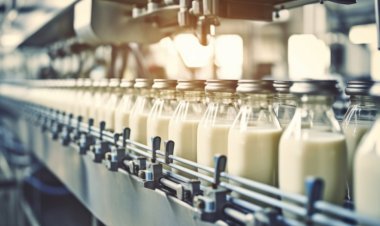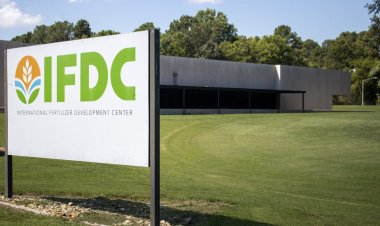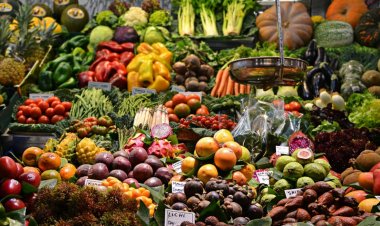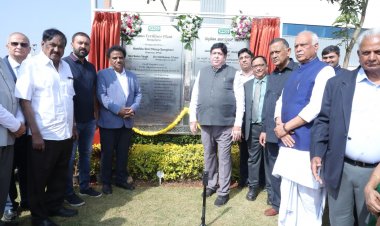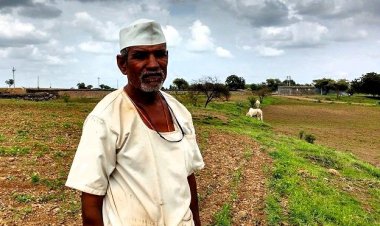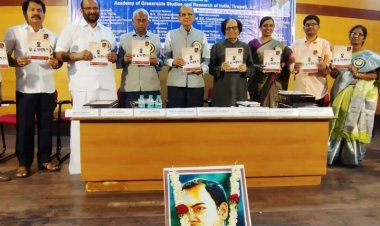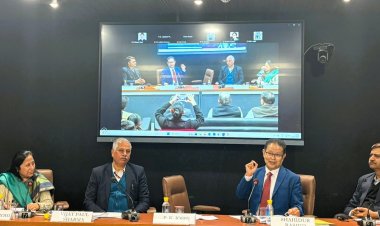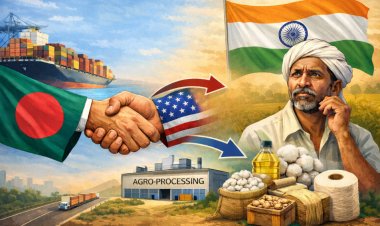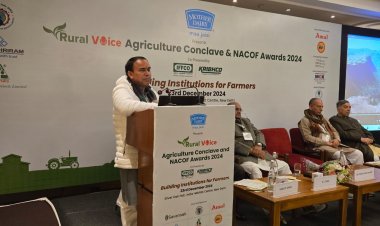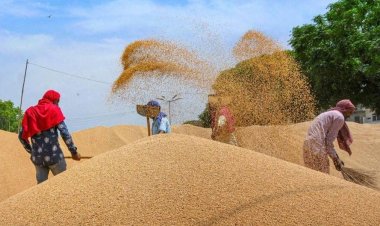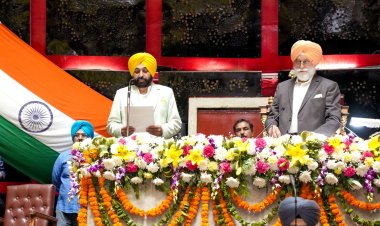Bayer CropScience’s Farmer Voice Survey reveals that more than 70% of farmers have already seen large impacts of climate change on their farm, across 8 countries.
71 per cent of the farmers surveyed say that climate change already has a large impact on their farm, and even more are worried about the impact this will have in the future. 73% have experienced increasing pest and disease pressure. On average farmers estimate that their incomes had reduced by 15.7% due to climate change in the past two years. One in six farmers even identifies income losses of over 25% during this period.
These are some of the key findings from the “Farmer Voice” survey which reveals the challenges facing farmers around the world as they try to mitigate the impacts of climate change and adapt for the future. To conduct the “Farmer Voice”, life science company Bayer commissioned an agency to independently interview 800 farmers globally, representing farms large and small from Australia, Brazil, China, Germany, India, Kenya, Ukraine, and the United States in equal numbers.
Farmers expect the repercussions of climate change to continue. Three-quarters of them globally (76%) are worried about the impact that climate change will have on their farm, with farmers in Kenya and India most concerned
Rodrigo Santos, Member of the Board of Management of Bayer AG and President of the Crop Science Division, commented: “Farmers are already experiencing the adverse effects of climate change on their fields and at the same time they play a key role in tackling this huge challenge. This is why it is so important to put their voice front and center. The losses reported in this survey make the direct threat climate change poses to global food security crystal clear. In the face of a growing world population, the results must be a catalyst for efforts to make agriculture regenerative.”
Economic challenges are compounding farmer pressures
While climate change is a dominant overarching theme, economic challenges are the biggest priority over the next three years. Over half (55%) of farmers placed fertilizer costs among the top three challenges, followed by energy costs (47%), price and income volatility (37%), and the cost of crop protection (36%). The importance of fertilizer costs becomes most apparent in Kenya, India, and Ukraine.
In Ukraine, 70% of farmers named fertilizer costs as one of the top three challenges, showing that the concrete materialized consequences of the war pose big pressures on farmers in the country. In addition, 40% named general disruption due to war and conflict as a top challenge. Apart from that Ukrainian farmers share many of the same characteristics of their global peers, for example more than three-quarters (77%) state that climate change has already largely impacted their farm.
Farmers are taking steps to mitigate climate change and value innovation
More than 80% of surveyed farmers are already taking or planning to take steps to directly apply measures to reduce greenhouse gases. The top focus areas are using cover crops (43% do so already or intend to do so), using renewable energy or biofuels (37%) and using innovative seeds to reduce fertilizer or crop protection use (33%). Alongside this, every farmer claims to already apply or plans to apply measures to help biodiversity. Over half (54%) say they already apply measures to protect insects, such as insect hotels, or plan to do so in the next three years.
To be ready for the future, farmers value innovation. Over half (53%) of them say access to seeds and traits designed to better cope with extreme weather would most benefit their farm. A similar number (50%) called for better crop protection technology. 42% said that better access to irrigation technology would benefit their farm. Looking at their practices, improving efficient land use, diversifying crops, and better soil health were ranked as the most important routes to success.
In addition to the global survey where farmers were interviewed independently, Bayer interviewed 2,056 Indian smallholder farmers from its customer base. It is a unique glimpse into the perspectives of smallholders who are key to securing the world’s food supply. Currently, their biggest challenges are high labor and fertilizer costs.
Yet they are also impacted by climate change: Many of them expect reduced crop yields (42%) and higher pest pressures because of changing weather (31%). Unlike commercial and large-scale growers, the smallholders interviewed in India are focused on mitigating risks, prioritizing financial security through insurance (26%) and infrastructure (21%).
When asked about the future, 60% said they would benefit most from access to digital technologies and modern crop protection. Despite all the challenges, Indian smallholders remain optimistic: 8 in every 10 farmers feel positive about the future of farming.
The survey results are a valuable indicator of smallholder priorities and needs in India, contributing to Bayer’s smallholder farming strategy with the goal to support 100 million smallholders by 2030. In 2022, the company reached 52 million with its products and services.
Farmers agree on global challenges
Overall, the “Farmer Voice” survey shows that farmers around the world largely share a common view about the challenges of today and the prospects for the future. While there are slight differences between countries, the overarching issues of climate change and economic pressures are of similar concern to all.
“Farmers are facing multiple and related challenges. But despite this, we found that they are hopeful – almost three-quarters say they feel positive about the future of farming in their country,” said Rodrigo Santos. “This is impressive and encouraging. The views expressed by farmers in the report need to be widely seen and understood. They are a call to action for the entire food system to innovate, collaborate, and deliver the solutions farmers need – and we as Bayer are eager to play a leading role in these efforts. There is little time to waste.”
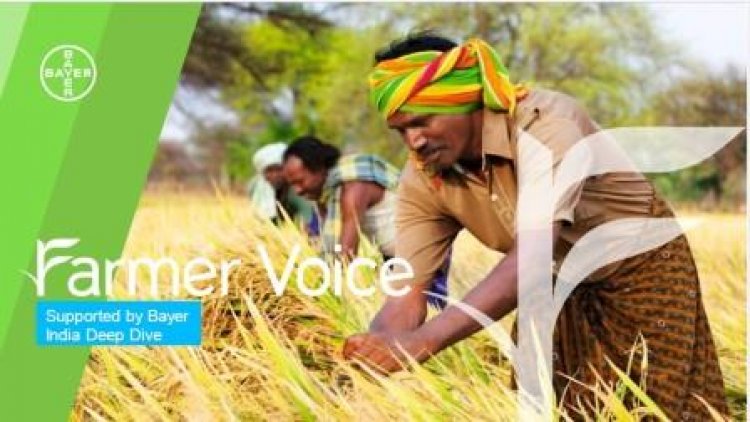



 Join the RuralVoice whatsapp group
Join the RuralVoice whatsapp group

















